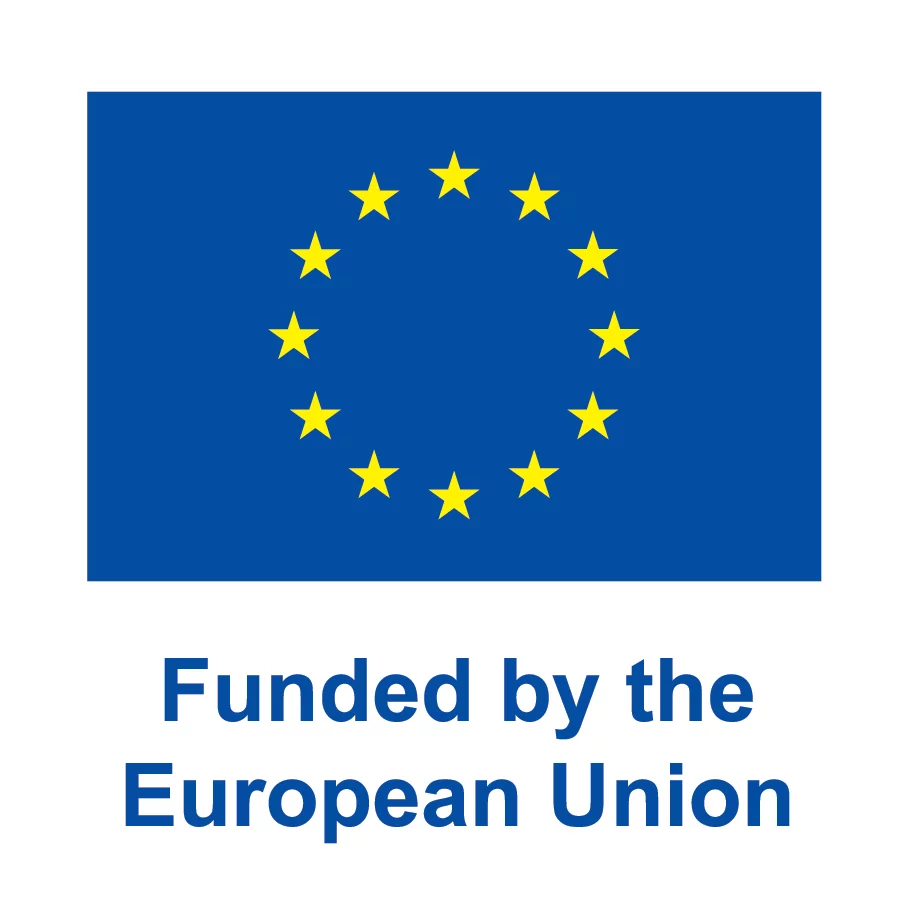THIS WEBSITE USES COOKIES
We use cookies to personalise content, to provide social media features, and to analyse our traffic. By choosing 'allow all cookies', you consent to our cookies.
To find out more, read our privacy policy and cookie policy.

I have an academic background in biotechnology and microbiology. In 2019, I completed my Bachelor’s degree in Biotechnical Processing at FH Wiener Neustadt Campus Tulln. Following that, I pursued a Master’s degree in Molecular Microbiology, Microbial Ecology, and Immunology at the University of Vienna, specializing in Microbial Ecology, which I completed in 2022. During my thesis internship, I focused on screening for antibiotic-resistant bacteria (ARB) and antibiotic-resistant genes (ARG) in anthropogenically impacted water resources, aiming to address the critical concern of spreading antibiotic resistance. Alongside my studies, I developed a strong interest in science communication and journalism and gained practical experience as a tutor.
I expect to build a strong interdisciplinary network around the European Union during my PhD program and to be challenged to make a meaningful contribution to the BREAKthrough project. Furthermore, I am looking forward to deepening my knowledge of Molecular Biology and understanding the underlying mechanisms of antibiotic resistance in gram-negative bacteria.
Antimicrobial resistance, which is caused by multi-drug-resistant bacterial pathogens is a global health emergency. Gram-negative bacteria notably hinder effective treatment because of their impermeable outer membrane (OM). Lipopolysaccharide (LPS) the major component of OM outer leaflet is the key determinant of the OM barrier properties. Consequently, many standard-of-care antibiotics cannot access intracellular targets in Gram-negative species. The objective of the BREAKthrough project is to destabilize the OM to make Gram-negative bacteria sensitive to these antibiotics. In this context, this doctoral project will characterize non-essential envelope proteins whose function becomes essential when LPS biogenesis is compromised, or the OM outer leaflet is disrupted. This project is expected to generate knowledge on new ways to impair cell envelope stability to be used to identify potentiators that can act in combination with standard-of-care antibiotics.

Funded by the European Union. Views and opinions expressed are however those of the author(s) only and do not necessarily reflect those of the European Union or the European Research Executive Agency. Neither the European Union nor the granting authority can be held responsible for them.
Copyright © accelopment Schweiz AG 2022 | All Rights Reserved | Privacy Policy | Cookie Policy